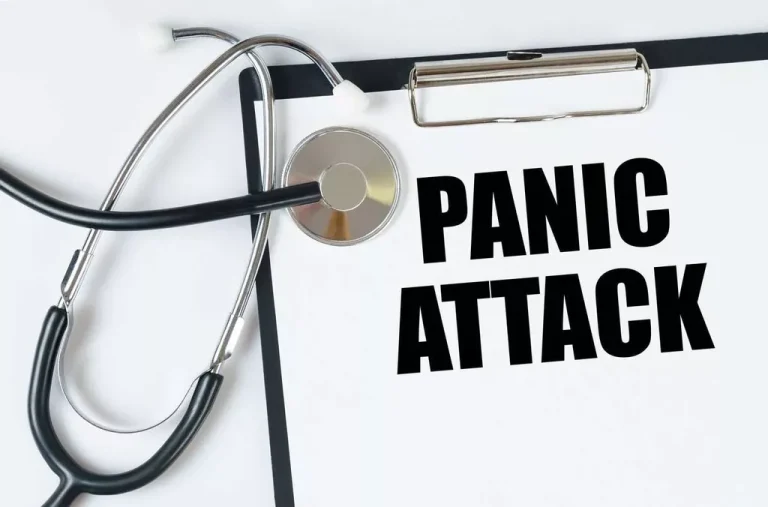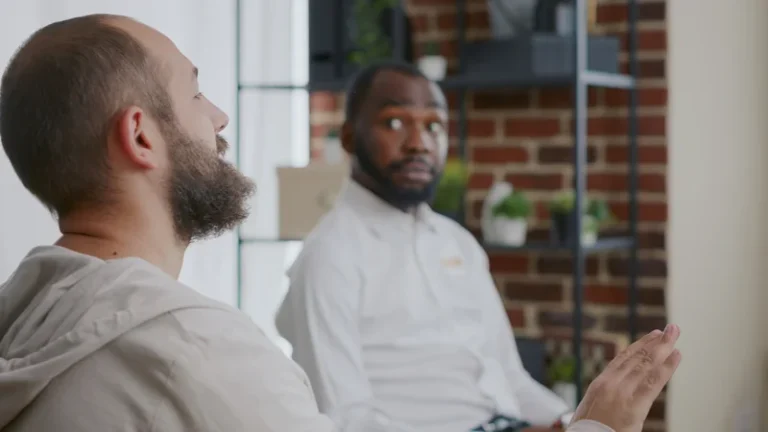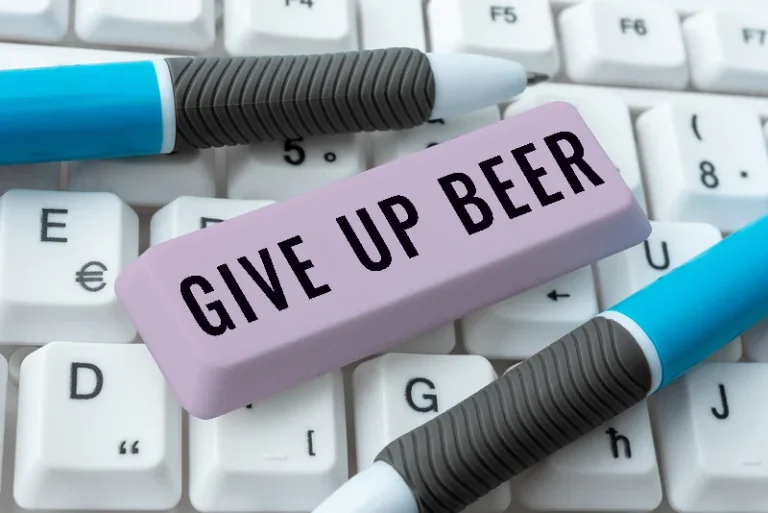
As you get drunker, you’ll start to experience more physical symptoms. This happens because alcohol depresses your central nervous system and interferes with your brain’s communication pathways, affecting how your brain processes information. When the concentration of alcohol begins to increase in your bloodstream, you’ll start to feel good. You might feel happy, more social and confident, and less inhibited.
How we reviewed this article:

Some responses to alcohol, however, are more common than others. You might recognize some of these “types of drunks” in yourself or your friends or family. Drinking alcohol releases norepinephrine into the brain, a stimulant that can lower our inhibitions and make us more impulsive.

Your health
Alcohol seeps into the brain, affecting the different parts of your body’s motherboard as you drink more and more. Although being drunk can feel fun to begin with, it is a sign that alcohol has temporarily changed how the brain functions. Continuing to drink when already feeling drunk can increase a person’s risk of complications. A person will enter the euphoric stage of intoxication after consuming 2 to 3 drinks as a man or 1 to 2 drinks as a woman, in an hour. You might have a slower reaction time and lowered inhibitions. As you drink, alcohol goes into your bloodstream and affects your brain and body functions.
In your bloodstream

Alcohol also depresses the activity of our prefrontal cortex, the part of the brain responsible for rational decision-making. If you suspect someone is experiencing alcohol poisoning, call 911 immediately. During stupor, people may not respond to surroundings, what does being drunk feel like be completely passed out, vomit, and lose the ability to control bodily functions like urination or defecation. American Addiction Centers (AAC) is committed to delivering original, truthful, accurate, unbiased, and medically current information.
- Because alcohol reduces our inhibitions, it makes us more likely to act impulsively.
- More than half of everyone we polled – regardless of age – told us that drinking alcohol also made them feel depressed at one point or another.
- While having a drink from time to time is unlikely to cause health problems, moderate or heavy drinking can impact the brain.
- These symptoms typically improve quickly when alcohol use stops.
When you stop drinking, you might notice a range of physical, emotional, or mental health symptoms that ease as soon as you have a drink. The connection between alcohol consumption and your digestive system might not seem immediately clear. The side effects often only appear after the damage has happened. Many people assume the occasional beer or glass of wine at mealtimes or special occasions doesn’t pose much cause for concern. But drinking any amount of alcohol can potentially lead to unwanted health consequences.
What to do in different situations and when to seek emergency care
- Sometimes, the effects of alcohol on our personality are fairly benign.
- The amount of alcohol a person drinks is the biggest predictor of BAC.
- You can also seek information and support from a local healthcare professional, mental health professional, or rehabilitation facility.
- Alcohol also depresses the activity of our prefrontal cortex, the part of the brain responsible for rational decision-making.
In the early stages of drinking, when we are just “tipsy,” most of us experience a degree of euphoria. For some people, this state of utter joy persists no matter how much they drink. They might start to slur their words or become less coordinated, but nothing can bring their mood down.
- In the early stages of drinking, when we are just “tipsy,” most of us experience a degree of euphoria.
- Alcohol abuse can increase your risk for some cancers as well as severe, and potentially permanent, brain damage.
- Plus, if you’ve done things while drinking that harmed you or people you love, you may also carry some pain and have plenty of sharp words for yourself.
- This can lead to behavior changes like slurred words and stumbling when we are drunk.
Main Content
This makes speech and coordination — think reaction time and balance — more difficult. That’s one major reason why you should never drive after drinking. But more recent research suggests there’s really no “safe” amount of alcohol since even moderate drinking can negatively impact brain health. People who binge drink or drink heavily may notice more health effects sooner, but alcohol also poses some risks for people who drink in moderation.
Alcohol abuse plays a major role in the perpetration of intimate partner violence. Alcohol use is also linked to increased lifetime risk of physical assault. In these cases, be conscious of how alcohol is affecting you and remember the BAC limit for driving in the U.S. is 0.08. Your whole body absorbs alcohol, but it really takes its toll on the brain. Alcohol interferes with the brain’s communication pathways. Less than 1 in 5 people between the ages of 30 and 39 told us they felt overwhelmed while drinking and slightly over 1 in 10 between the ages of 40 and 49 said the same.
How ‘Dry Drunk Syndrome’ Affects Recovery
More than half of everyone we polled – regardless of age – told us that drinking alcohol also made them feel depressed at one point or another. In this article, learn about how it feels to be drunk according to blood alcohol content (BAC) level. A person is sober or low-level intoxicated if they have consumed one or fewer alcoholic drinks per hour.

Your Brain on Alcohol
If you or someone you know struggles with alcohol use, numerous resources can provide help and support. Remember, you don’t need to fit the criteria for alcohol use disorder to benefit from help. Recognizing the difference between being drunk and alcohol poisoning can save lives. If left untreated, alcohol poisoning can lead to medical complications (and, in some situations, death). It might be possible that you ate something with alcohol without realizing it. That would explain why you feel tipsy although, in your books, you’re sober.


